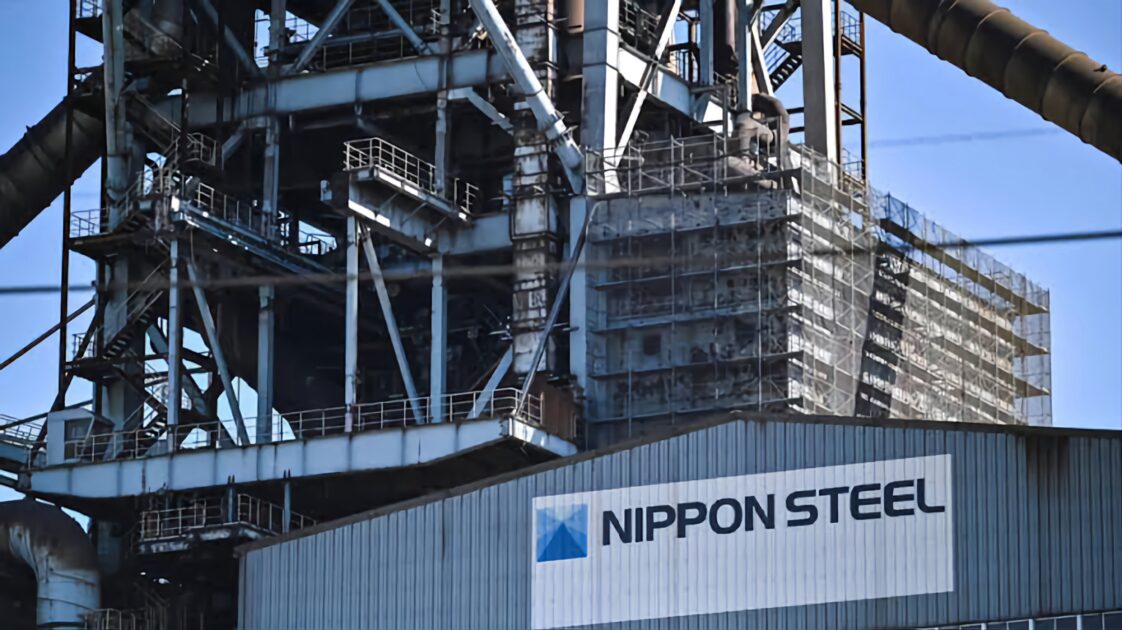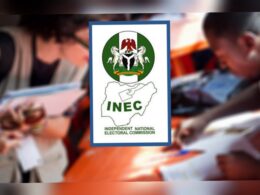President Joe Biden blocks Nippon Steel’s $14.9 billion acquisition of U.S. Steel, citing national security risks and concerns over foreign control of critical industries
In a landmark decision reflecting heightened national security concerns, President Joe Biden has blocked Japan’s Nippon Steel from acquiring U.S. Steel in a proposed $14.9 billion deal. Announced on January 3, 2025, the move underscores the administration’s commitment to protecting critical supply chains and safeguarding domestic industries from foreign control.
Biden’s decision came after the Committee on Foreign Investment in the United States (CFIUS) failed to reach a consensus on the acquisition’s implications for national security. The president stepped in to resolve the stalemate, stating that foreign ownership of a major American steel producer posed unacceptable risks.
“This acquisition would place one of America’s largest steel producers under foreign control and create risk for our national security and our critical supply chains,”
Biden said in a statement.
The administration’s decision aligns with its broader strategy to bolster domestic manufacturing and prioritize economic stability. The United St Harmankers union, representing many of U.S. Steel’s employees, praised the move.

“Keeping U.S. Steel under American ownership is essential for safeguarding jobs and ensuring our national security,”
a union spokesperson said.
Nippon Steel and U.S. Steel expressed strong disappointment with the decision, calling it unjustified and politically motivated. In a joint statement, the companies said,
“The president’s statement and order do not present any credible evidence of a national security issue.”
They also hinted at exploring legal avenues to challenge the decision, arguing that the acquisition would have provided much-needed financial lifelines for U.S. Steel, a company struggling to remain competitive amid fluctuating global demand and domestic challenges. Nippon Steel had pledged not to close unionized facilities or cut jobs during the current union contract, which runs until 2026, but these assurances failed to alleviate concerns.
Bipartisan Backing and Political Implications
Biden’s decision garnered rare bipartisan support, with President-elect Donald Trump and Vice President-elect JD Vance both opposing the sale during their campaign.
Political dynamics also played a role in the decision. Pennsylvania, where U.S. Steel is headquartered, was a critical battleground state in the last election. The United Steelworkers union amplified its opposition to the acquisition, warning of potential job cuts and adverse effects on the local economy if the deal went through.
While the decision has been celebrated domestically, it risks straining U.S.-Japan relations. Japan is a vital ally in the Asia-Pacific region, and the two nations have collaborated extensively on shared challenges, including countering China’s growing influence.
Nippon Steel’s leadership expressed concern over the broader implications of the decision, warning it could deter Japanese investments in the U.S.
“We have always valued our partnership with the U.S., and this decision undermines the trust built over decades,”
a Nippon Steel representative said.
Economic Consequences and the Future of U.S. Steel
Shares of U.S. Steel fell nearly 8% in premarket trading following the announcement, reflecting investor concerns over the company’s future. Analysts warned that rejecting the deal could deprive U.S. Steel of much-needed capital for modernization and operational improvements.
For years, U.S. Steel has faced declining profitability and increased competition, both domestically and globally. Without the infusion of capital that Nippon Steel’s acquisition would have provided, the company may struggle to adapt to changing market dynamics or invest in innovative technologies.
Biden defended his administration’s approach, emphasizing his commitment to revitalizing American manufacturing.
“I have taken decisive action to level the playing field for American steelworkers by tripling tariffs on steel imports from China and ensuring our domestic industries remain competitive,” he said.
However, critics argue that such protectionist measures could discourage future foreign investments in other sectors, potentially stifling economic growth.
Keywords:
Biden blocks U.S.-Japan steel deal, Nippon Steel acquisition, U.S. Steel national security, foreign investment scrutiny, U.S. manufacturing protection, steel industry acquisition






![[PHOTOS] Four-storey building collapses in Lagos Four-storey building collapses in Lagos](https://reportafrique.com/wp-content/uploads/2024/05/CD66F17D-553F-4531-BA81-1C10422DC515-260x195.webp)



Join our Channel...